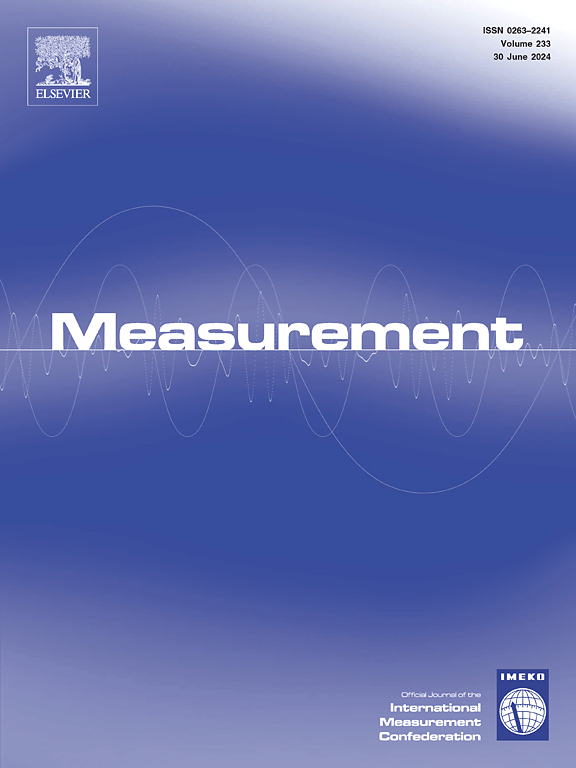Phone call parameters measuring system for remote metrology
IF 5.2
2区 工程技术
Q1 ENGINEERING, MULTIDISCIPLINARY
引用次数: 0
Abstract
This paper presents the development and characteristics of a reference system for verifying the call parameter measurement subsystems of telecommunication networks. A key challenge addressed in this work is the accurate measurement of phone call parameters, specifically, the transfer of geographically distributed events—such as the initiation and termination of calls by end-users—to a centralized measurement point to serve as inputs for the reference system. To solve this challenge, the paper proposes and successfully implements an internet-based communication approach using the Session Initiation Protocol together with NTP and GNSS time-source implementation technicalities.
The calibration methodology of the developed reference system is detailed, including the analysis of sources of systematic errors and uncertainty terms influencing the measurement process. Experimental calibration results for multiple devices demonstrate a systematic error of less than 0.1 ms in time interval measurement with an expanded calibration uncertainty of less than 12 ms.
The adoption of the described call parameters measurement system not only supports Environmental, Social, and Governance objectives but also aligns with sustainable development principles by minimizing environmental impact, enhancing operational efficiency, and promoting long-term usability through open-hardware design and adaptability to future technological advancements.
用于远程计量的电话参数测量系统
本文介绍了一种用于验证电信网络呼叫参数测量子系统的参考系统的发展和特点。在这项工作中解决的一个关键挑战是电话呼叫参数的精确测量,具体来说,是将地理上分布的事件(如终端用户的呼叫发起和终止)转移到一个集中的测量点,作为参考系统的输入。为了解决这一挑战,本文提出并成功实现了一种基于互联网的通信方法,该方法使用会话发起协议以及NTP和GNSS时间源实现技术。详细介绍了该参考系统的标定方法,分析了影响测量过程的系统误差来源和不确定度项。多个设备的实验校准结果表明,在时间间隔测量中,系统误差小于0.1 ms,扩展的校准不确定度小于12 ms。采用所描述的呼叫参数测量系统不仅支持环境,社会和治理目标,而且通过减少环境影响,提高运营效率,并通过开放硬件设计和对未来技术进步的适应性来促进长期可用性。
本文章由计算机程序翻译,如有差异,请以英文原文为准。
求助全文
约1分钟内获得全文
求助全文
来源期刊

Measurement
工程技术-工程:综合
CiteScore
10.20
自引率
12.50%
发文量
1589
审稿时长
12.1 months
期刊介绍:
Contributions are invited on novel achievements in all fields of measurement and instrumentation science and technology. Authors are encouraged to submit novel material, whose ultimate goal is an advancement in the state of the art of: measurement and metrology fundamentals, sensors, measurement instruments, measurement and estimation techniques, measurement data processing and fusion algorithms, evaluation procedures and methodologies for plants and industrial processes, performance analysis of systems, processes and algorithms, mathematical models for measurement-oriented purposes, distributed measurement systems in a connected world.
 求助内容:
求助内容: 应助结果提醒方式:
应助结果提醒方式:


